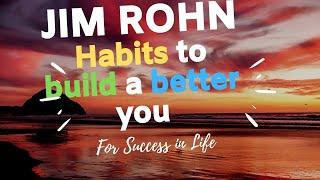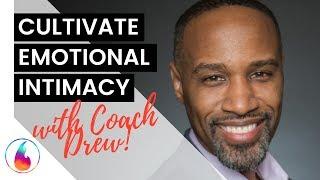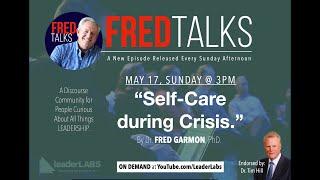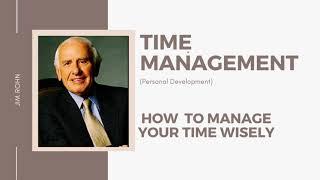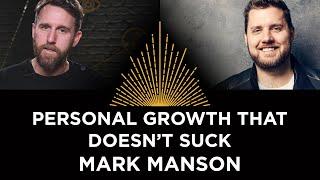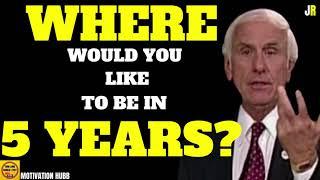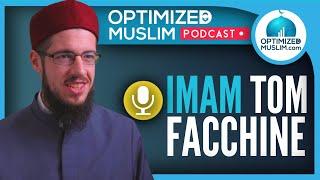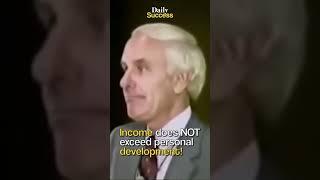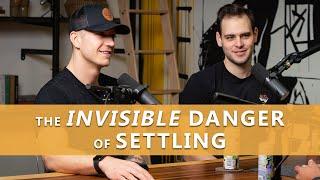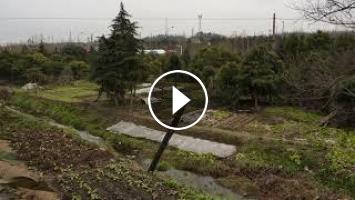This is an audio version of the Wikipedia Article:
https://en.wikipedia.org/wiki/Sustainable_living
00:01:55 1 Definition
00:03:28 2 History
00:05:10 3 Shelter
00:09:43 3.1 Sustainable building materials
00:14:21 4 Power
00:24:17 4.1 List of organic matter than can be burned for fuel
00:25:15 5 Food
00:25:39 5.1 Environmental impacts of industrial agriculture
00:26:30 5.2 Conventional food distribution and long distance transport
00:27:17 5.3 Local and seasonal foods
00:30:03 5.4 Reducing meat consumption
00:30:58 5.5 Organic farming
00:32:42 5.6 Urban gardening
00:35:04 5.7 Food preservation and storage
00:35:46 6 Transportation
00:38:13 7 Water
00:39:07 7.1 Indoor home appliances
00:39:40 7.1.1 Toilets
00:42:53 7.1.2 Showers
00:44:24 7.1.3 Dishwashers and sinks
00:46:17 7.1.4 Washing machines
00:47:02 7.2 Outdoor water use
00:47:26 7.2.1 Conserving water
00:50:13 7.2.2 Sequestering water
00:52:07 8 Waste
Listening is a more natural way of learning, when compared to reading. Written language only began at around 3200 BC, but spoken language has existed long ago.
Learning by listening is a great way to:
- increases imagination and understanding
- improves your listening skills
- improves your own spoken accent
- learn while on the move
- reduce eye strain
Now learn the vast amount of general knowledge available on Wikipedia through audio (audio article). You could even learn subconsciously by playing the audio while you are sleeping! If you are planning to listen a lot, you could try using a bone conduction headphone, or a standard speaker instead of an earphone.
Listen on Google Assistant through Extra Audio:
https://assistant.google.com/services/invoke/uid/0000001a130b3f91
Other Wikipedia audio articles at:
https://www.youtube.com/results?search_query=wikipedia+tts
Upload your own Wikipedia articles through:
https://github.com/nodef/wikipedia-tts
Speaking Rate: 0.9455709132017233
Voice name: en-US-Wavenet-B
"I cannot teach anybody anything, I can only make them think."
- Socrates
SUMMARY
=======
Sustainable living describes a lifestyle that attempts to reduce an individual's or society's use of the Earth's natural resources, and one's personal resources. Its practitioners often attempt to reduce their carbon footprint by altering their methods of transportation, energy consumption, and/or diet. Its proponents aim to conduct their lives in ways that are consistent with sustainability, naturally balanced, and respectful of humanity's symbiotic relationship with the Earth's natural ecology. The practice and general philosophy of ecological living closely follows the overall principles of sustainable development.Lester R. Brown, a prominent environmentalist and founder of the Worldwatch Institute and Earth Policy Institute, describes sustainable living in the twenty-first century as "shifting to a renewable energy-based, reuse/recycle economy with a diversified transport system." Derrick Jensen ("the poet-philosopher of the ecological movement"), a celebrated American author, radical environmentalist and prominent critic of mainstream environmentalism argues that "industrial civilization is not and can never be sustainable". From this statement, the natural conclusion is that sustainable living is at odds with industrialization. Thus, practitioners of the philosophy potentially face the challenge of living in an industrial society and adapting alternative norms, technologies, or practices.
Additionally, practical ecovillage builders like Living Villages maintain that the shift to alternative technologies will only be successful if the resultant built environment is attractive to a local culture and can be maintained and adapted as necessary over multiple generations.
https://en.wikipedia.org/wiki/Sustainable_living
00:01:55 1 Definition
00:03:28 2 History
00:05:10 3 Shelter
00:09:43 3.1 Sustainable building materials
00:14:21 4 Power
00:24:17 4.1 List of organic matter than can be burned for fuel
00:25:15 5 Food
00:25:39 5.1 Environmental impacts of industrial agriculture
00:26:30 5.2 Conventional food distribution and long distance transport
00:27:17 5.3 Local and seasonal foods
00:30:03 5.4 Reducing meat consumption
00:30:58 5.5 Organic farming
00:32:42 5.6 Urban gardening
00:35:04 5.7 Food preservation and storage
00:35:46 6 Transportation
00:38:13 7 Water
00:39:07 7.1 Indoor home appliances
00:39:40 7.1.1 Toilets
00:42:53 7.1.2 Showers
00:44:24 7.1.3 Dishwashers and sinks
00:46:17 7.1.4 Washing machines
00:47:02 7.2 Outdoor water use
00:47:26 7.2.1 Conserving water
00:50:13 7.2.2 Sequestering water
00:52:07 8 Waste
Listening is a more natural way of learning, when compared to reading. Written language only began at around 3200 BC, but spoken language has existed long ago.
Learning by listening is a great way to:
- increases imagination and understanding
- improves your listening skills
- improves your own spoken accent
- learn while on the move
- reduce eye strain
Now learn the vast amount of general knowledge available on Wikipedia through audio (audio article). You could even learn subconsciously by playing the audio while you are sleeping! If you are planning to listen a lot, you could try using a bone conduction headphone, or a standard speaker instead of an earphone.
Listen on Google Assistant through Extra Audio:
https://assistant.google.com/services/invoke/uid/0000001a130b3f91
Other Wikipedia audio articles at:
https://www.youtube.com/results?search_query=wikipedia+tts
Upload your own Wikipedia articles through:
https://github.com/nodef/wikipedia-tts
Speaking Rate: 0.9455709132017233
Voice name: en-US-Wavenet-B
"I cannot teach anybody anything, I can only make them think."
- Socrates
SUMMARY
=======
Sustainable living describes a lifestyle that attempts to reduce an individual's or society's use of the Earth's natural resources, and one's personal resources. Its practitioners often attempt to reduce their carbon footprint by altering their methods of transportation, energy consumption, and/or diet. Its proponents aim to conduct their lives in ways that are consistent with sustainability, naturally balanced, and respectful of humanity's symbiotic relationship with the Earth's natural ecology. The practice and general philosophy of ecological living closely follows the overall principles of sustainable development.Lester R. Brown, a prominent environmentalist and founder of the Worldwatch Institute and Earth Policy Institute, describes sustainable living in the twenty-first century as "shifting to a renewable energy-based, reuse/recycle economy with a diversified transport system." Derrick Jensen ("the poet-philosopher of the ecological movement"), a celebrated American author, radical environmentalist and prominent critic of mainstream environmentalism argues that "industrial civilization is not and can never be sustainable". From this statement, the natural conclusion is that sustainable living is at odds with industrialization. Thus, practitioners of the philosophy potentially face the challenge of living in an industrial society and adapting alternative norms, technologies, or practices.
Additionally, practical ecovillage builders like Living Villages maintain that the shift to alternative technologies will only be successful if the resultant built environment is attractive to a local culture and can be maintained and adapted as necessary over multiple generations.
Be the first to comment



